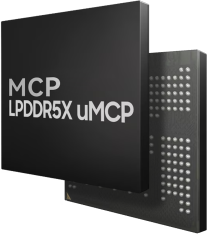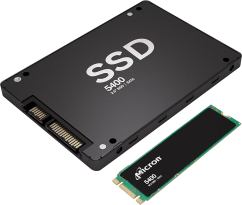
During a recent investor conference in New York, Qualcomm CEO Cristiano Amon emphasized that since 2021, the company has been actively expanding beyond mobile phones. The company's aggressive execution over the past few years has yielded significant results, a strategy that will continue moving forward.
Amon stated that Qualcomm targets a total aDDRessable market for edge computing to reach US$900 billion by 2030, indicating substantial growth potential. Additionally, Qualcomm has set a revenue target for non-mobile business operations to reach US$8 billion by 2029, with the automotive business contributing significantly, alongside overall IoT revenues from sectors such as PCs, industrial applications, and extended reality (XR), projected to hit US$14 billion.
Long-time competitor MediaTek has also aggressively expanded its footprint in non-mobile businesses over recent years. This shift marks a departure from its sole focus on mobile chipsets, now branching out into various devices. In addition to existing products like Chromebooks, TVs, tablets, and Networking Equipment, MediaTek has recently targeted high-potential areas such as automotive, cloud ASICs, and space communications, investing considerable resources into these fields.
However, a closer analysis of MediaTek's application choices and strategic direction reveals some divergences from Qualcomm. The two companies do not necessarily compete head-to-head in every sector. Notably, MediaTek's proactive development in the ASIC business contrasts sharply with Qualcomm's emphasis on brand strength.
Distinct strategic priorities
The two companies exhibit differing attitudes towards their mobile businesses. Although their technological directions align closely each year, Qualcomm has reduced its focus on mobile system-on-chip (SoC) products. At annual conferences, Qualcomm has increasingly prioritized new ventures in AI, PC, and automotive sectors, while discussions about mobile have become more cursory during investor meetings.
Conversely, MediaTek is rapidly catching up in the flagship smartphone market, placing greater emphasis on mobile applications. In recent earnings calls and product launches, MediaTek has consistently highlighted breakthroughs in the flagship smartphone segment, whereas mentions of other applications have only noticeably increased in recent months.
This indicates that MediaTek's diversified development still aims to establish a stronger foundation in the mobile domain.
Divergent approaches to emerging markets
Qualcomm and MediaTek adopt markedly different approaches for non-mobile businesses as well. Qualcomm has clear plans for several key product lines, including automotive, PC, spatial computing (VR/AR), industrial applications, and edge IoT. MediaTek appears to emphasize automotive and cloud ASICs as its primary growth drivers, along with expanding its market share in networking services.
Overall, Qualcomm seems less interested in the cloud AI market, while MediaTek operates in VR/AR applications through ASIC services, contrasting with Qualcomm's platform product approach. In terms of networking, Qualcomm views networking chips as foundational across applications, whereas MediaTek places greater importance on brand value within its platforms.
According to an industry insider, although the two companies are beginning to show divergence in application choices and developments, excluding cloud ASICs, MediaTek remains a follower in the edge market, with Qualcomm's lead in the automotive sector being quite pronounced.
On the PC front, Qualcomm has taken the lead with its Copilot+ PC initiative, and in networking, Qualcomm already possesses a strong technical foundation, negating the need for additional promotion. It remains to be seen whether MediaTek can replicate its success in the mobile market across these sectors and how much leverage the cloud ASIC business can provide.
Other
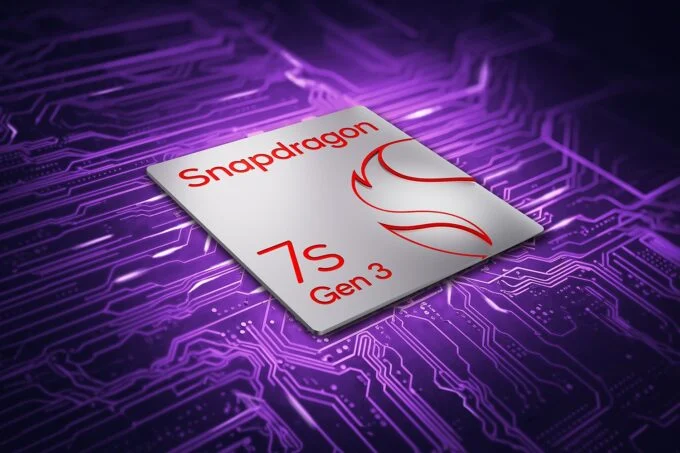
Qualcomm Announces Snapdragon 7s Gen 3 For Mid-Range Devices With AI Capabilities
2024.08.21
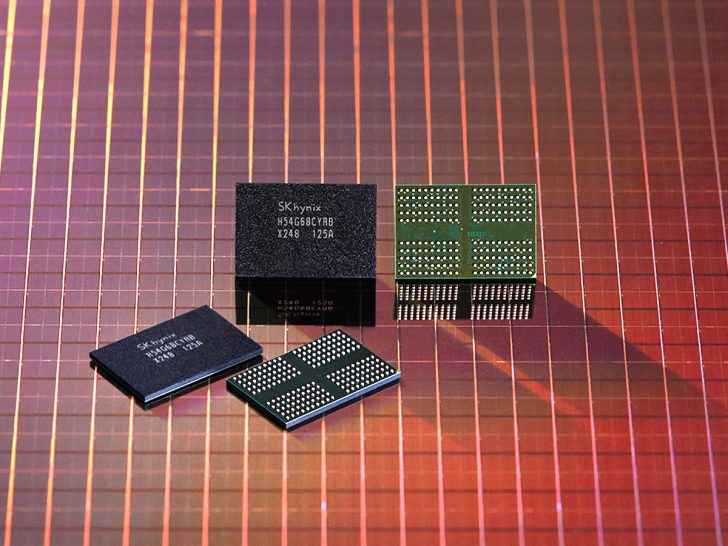
SK Hynix Preps Large-Scale DRAM Price Hike, DDR5 Up To 20% Expensive
2024.08.22

Qualcomm, Motorola, Rohde & Schwarz show 5G Broadcast innovation
2024.08.22
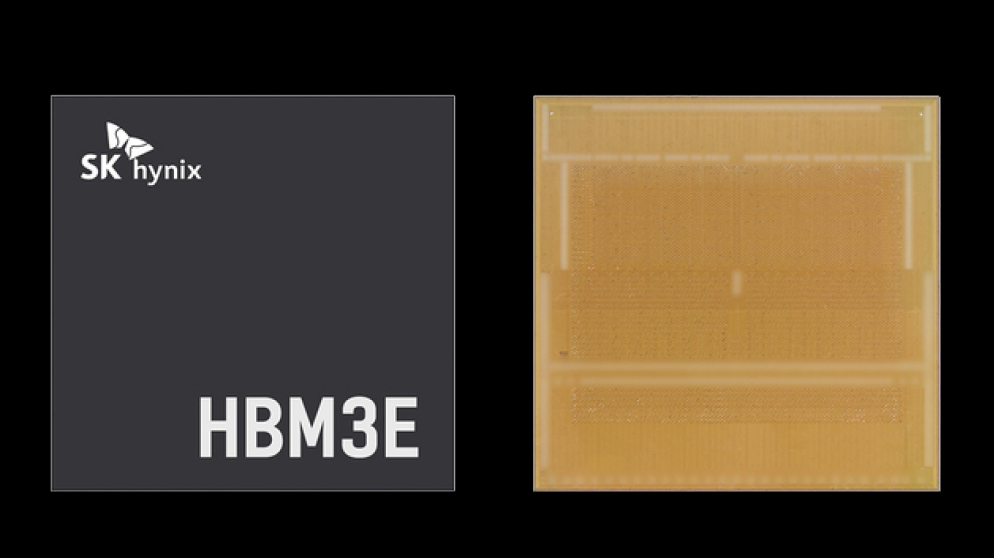
SK Hynix Is Developing Next-Gen HBM With 30x Performance Uplift
2024.08.23

OpenAI, Intel, and Qualcomm talk AI compute at legendary Hot Chips conference
2024.08.27

Samsung Completes NVIDIA's Quality Test for HBM3E Memory, Begins Shipments
2024.09.04

TSMC supplier says AI chip market growth to accelerate, dismisses Nvidia wipeout
2024.09.05
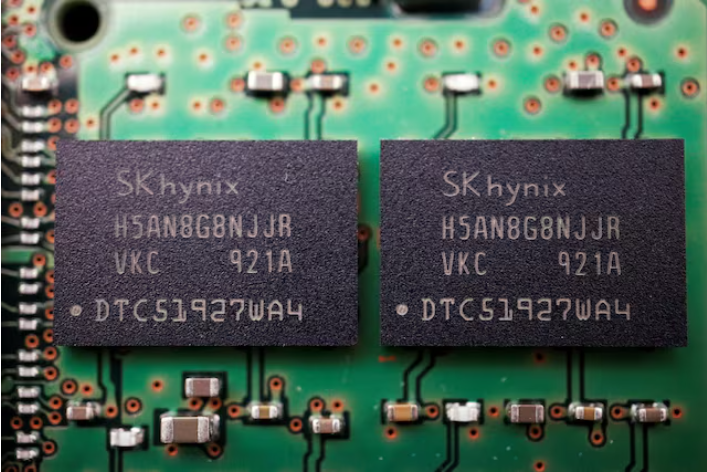
SK Hynix to start mass producing HBM3E 12-layer chips this month
2024.09.05




